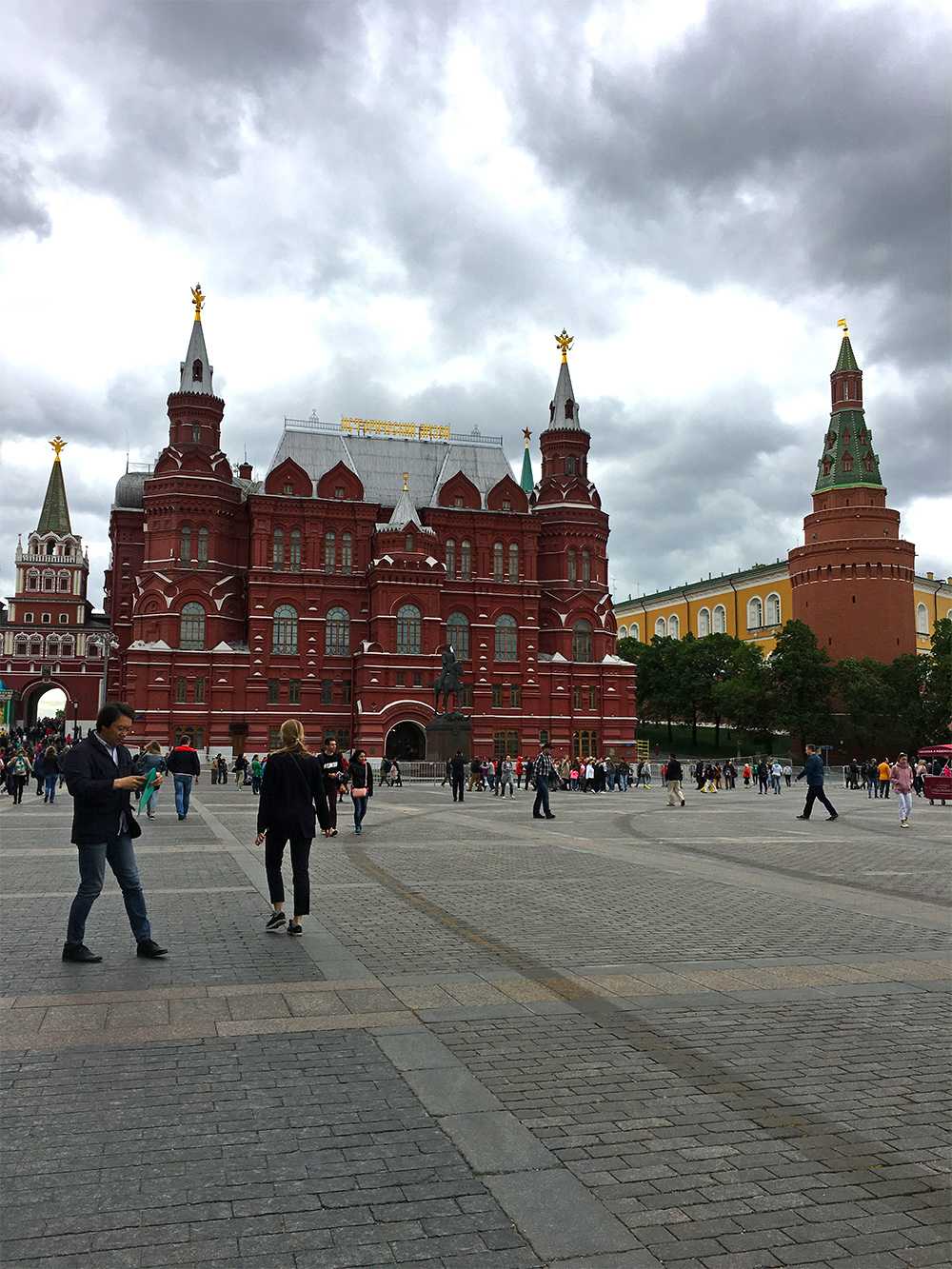Russia and the United States are worlds apart. Russians hate anything having to do with America. Russia is a backwards nation, politically and socially.
All of these are stereotypes about Russia that are often perpetuated by American movies and media — the Russian character is always portrayed as the villain, complete with a smug expression and an ushanka, the signature winter hat. Without ever having been to Russia, many Americans assume it is a dangerous place to visit and that it is nothing like the world they know — especially given current political tension between the two countries. According to a 2018 Gallup Poll, 72% of Americans view Russia unfavorably, the highest it has been since the Cold War.
Before my first trip to Russia last summer, several friends warned me to “be careful.” And, even as a native Russian speaker and the first in my family to be born in the United States instead of Russia, as I boarded the plane en route to Moscow, I wondered whether these stereotypes could actually be true. Would I feel completely out of place? Would I feel awkward among the sea of smug ushanka-clad Russians?
Now, looking back on my trip, my apprehensions were silly, even if we had our fair share of awkward taxi conversations about Putin and Trump. On one occasion, a suspicious park worker even refused to lease my family bikes after we revealed that we were Americans and failed to present any official Russian identification documents, despite the fact that we spoke fluent Russian.
However, the overwhelming impression I was left with was one of warmth and a feeling of similarity between my home — America — and Russia, which had been my parents’ home growing up. As I stepped onto the Red Square for the first time, I noticed the same smiling faces, selfie sticks and Birkenstocks I had seen fill the streets of San Francisco, New York and Los Angeles.
Walking through Gorky Park, I passed groups of teenagers dressed in nearly the same crop top and skinny jeans I was wearing, laughing and taking Instagram-worthy pictures.
And, just like in any large American city, we got the complete tourist experience of being ripped off, when a man charged us $30 for a photo with a pigeon on the street.
Of course, we had some authentic experiences that confirmed stereotypes I had heard of Russia being a backward nation in some respects. Upon arriving at the Moscow apartment where we would be staying for the next 10 days, we were shocked to find there was no hot water — something we had taken for granted back at home. After spending a few uncomfortable days heating up a pot of water on the stove for our nightly showers, we opted for a banya — a public bathhouse that is commonplace for Russians, but a novelty to Americans.
I can fairly say that my adventure in Russia was my favorite trip I’ve ever been on. Obviously, I was struck by the beauty of Saint Basil’s Cathedral and by the grandeur of the Winter Palace. But even more so, I was grateful that the trip broadened my horizons and made me realize that, no matter America’s political relations to certain countries, we are all more alike than we are different. Every time we were in a taxi and revealed in a hushed voice that we lived in America, anticipating the driver’s irritated, or at best awkward, response, we would get the complete opposite: They would be pleasantly surprised and curious about things as delightfully mundane as hamburgers or the Golden Gate Bridge.
Each of them echoed the same sentiment: that the distrust of America stems only from the government official level — the average Russian citizen couldn’t care less about hostile political relations between the two countries.
If you get the chance to travel somewhere unfamiliar this summer, seize the opportunity. Go in with an open mind. You may find it to not be so different after all.





